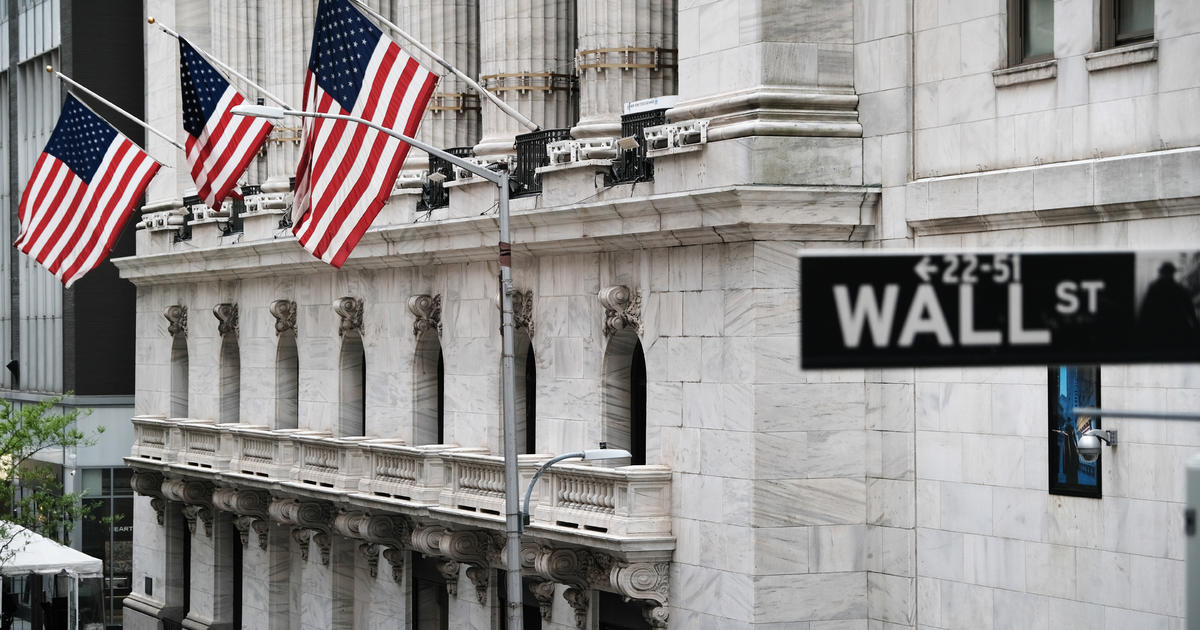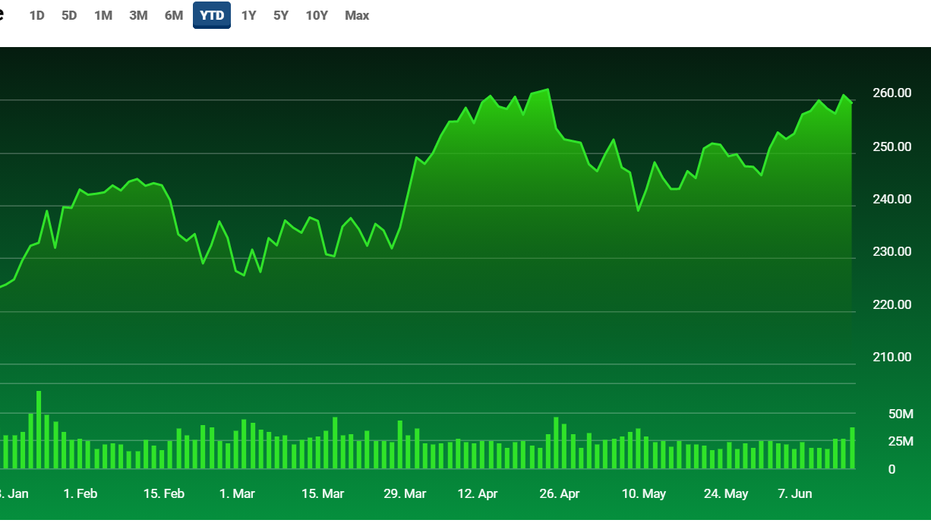
Stocks are rebounding on Wall Street, clawing back most of their sharp losses from last week, when the prospect of an eventual interest-rate hike spooked many investors.
The Dow rallied 586 points, or 1.8%, to close at 33,876. The S&P 500-stock index snapped 1.4% higher, recovering two-thirds of its worst weekly loss since February. Oil producers, banks and other companies that were hit particularly hard last week made the biggest gains Monday. The tech-heavy Nasdaq composite closed 0.8% higher, at 14,141.
Investors are still figuring all the ramifications of the Fed Reserve’s latest meeting on interest-rate policy, where it indicated it may start raising short-term rates by late 2023. The Fed also began talks about slowing central bank programs meant to keep longer-term rates low, an acknowledgment of the strengthening economy and threat of higher inflation.
The market’s immediate reaction to last week’s Fed news was to send stocks lower and interest rates higher. Any shift by the Fed would be a big deal, after investors have feasted on easy conditions with ultra-low rates for more than a year during the pandemic. Higher interest rates would make stock prices, which have been climbing faster than corporate profits, look even more expensive than they do already.
However, any increase of interest rates from their current levels at zero are widely considered a very long way off.
“If markets are worried about a march back to more normal monetary and fiscal policy as the economy recovers, it will be a very long march,” Barings chief global strategist Christopher Smart said in a note. In the meantime, support from both the Fed and the U.S. government should continue to help stock prices, even if they do look expensive compared with history, he said.
Companies whose profits are the most closely tied to the economy’s strength and inflation were leading the way on Monday.
Hess, Halliburton and Marathon Oil all rose 6% as energy stocks rallied with the price of oil. Banks were also strong, with JPMorgan Chase up 1.7% and Bank of America up 2.1%.
High-growth companies able to flourish almost regardless of the economy lagged, meanwhile. It’s a reversal from last week’s trend, when investors rattled by the Fed’s interest rate message piled back into the biggest winners of the pandemic.
Amazon slipped 0.9% Monday, for example, and the lagging performance for tech meant the Nasdaq’s increase trailed the rise of other indexes.
Shorter-term bond yields fell, and longer-term yields rose in another reversal from last week’s initial reaction to the Fed news.
The two-year Treasury yield slipped to 0.24% from 0.26% late Friday, while the 10-year yield rose to 1.48% from 1.45%.
More bumps may be ahead for markets, which had been mostly quiet for weeks before the Fed’s announcement. Fed Chair Jerome Powell will speak before a House subcommittee on Tuesday about the central bank’s response to the pandemic.
And on Friday, investors will see what the Fed’s preferred gauge for inflation says about the economy in May. Prices have been bursting higher across the economy, from airfares to restaurant meals, but the Fed has so far said it expects the big increases to be only temporary. If it proves to be longer lasting, though, the Fed may have to be more aggressive about raising rates.

